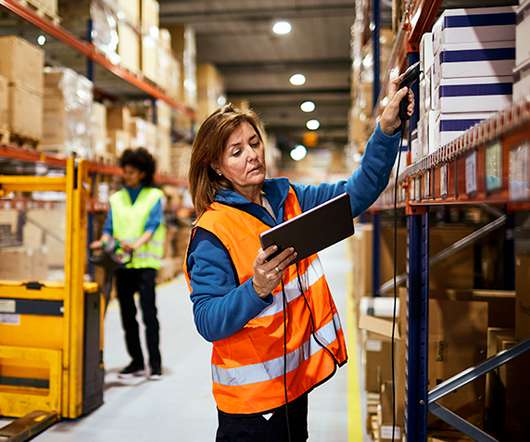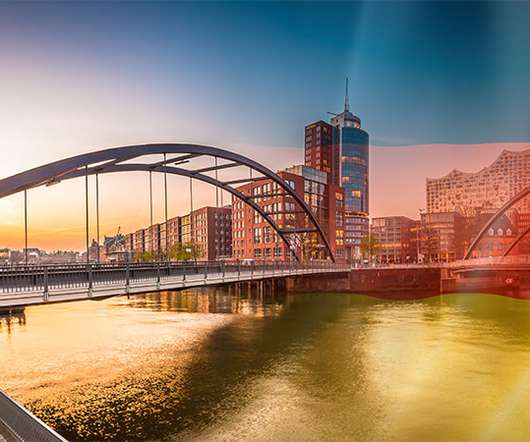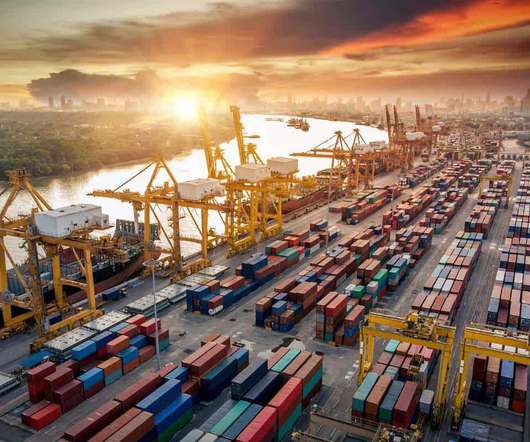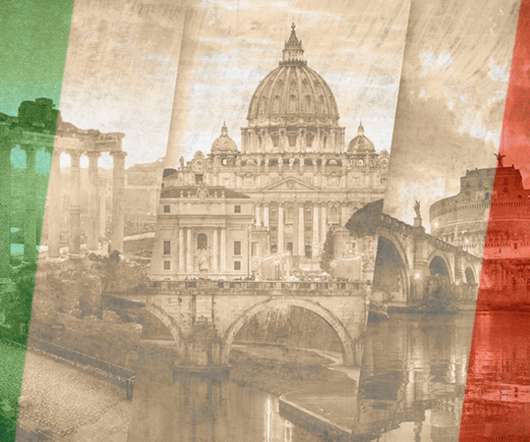Doing Business in Belgium
QAD
FEBRUARY 26, 2019
The Kingdom of Belgium achieved its independence from the Netherlands in 1830, and has become an admired modern country, well-known as the home of international organizations such as NATO and the EU. Since most Western European capitals are within 1,000 km of Brussels, Belgium’s capital, it is an ideal location for international groups.

















Let's personalize your content